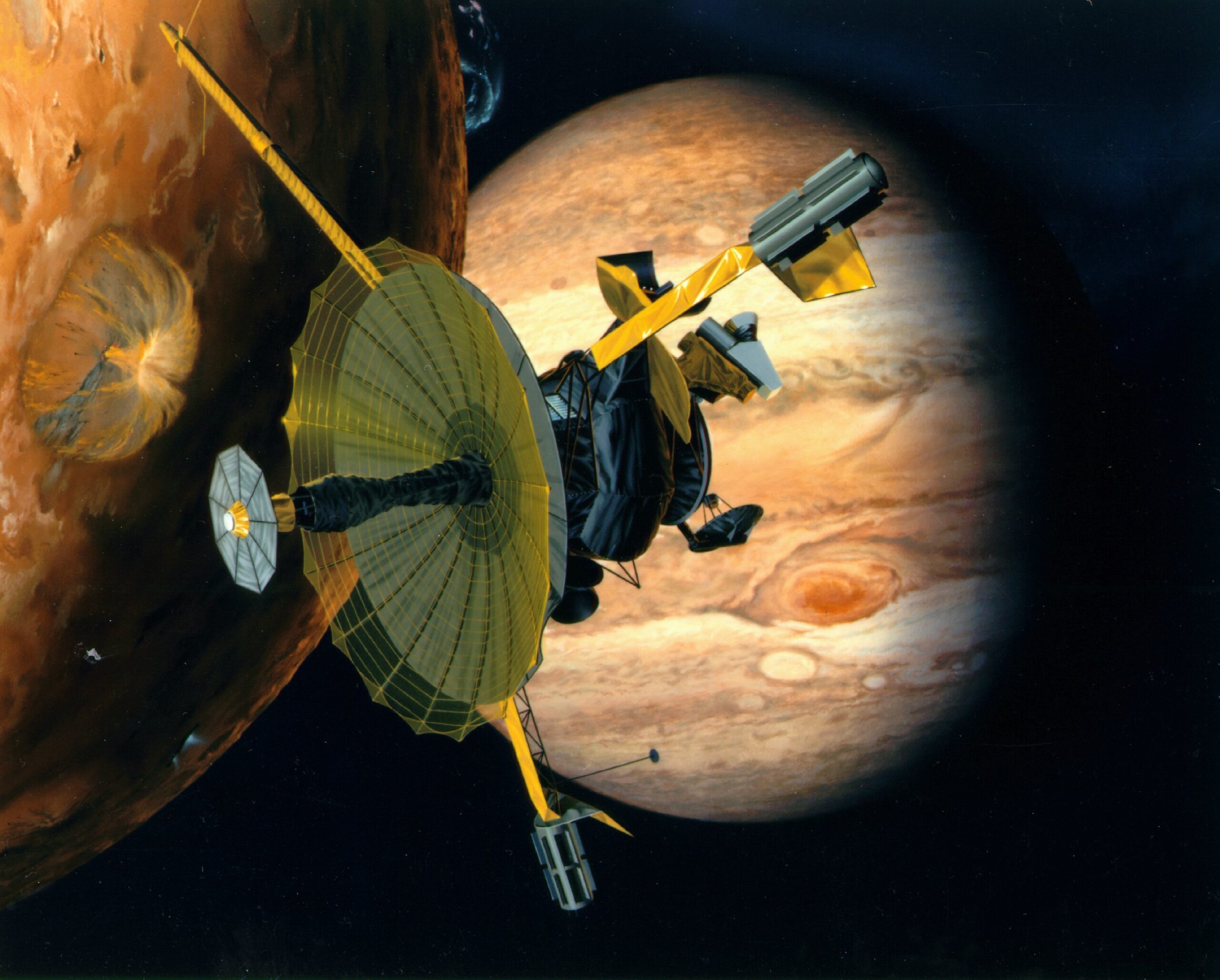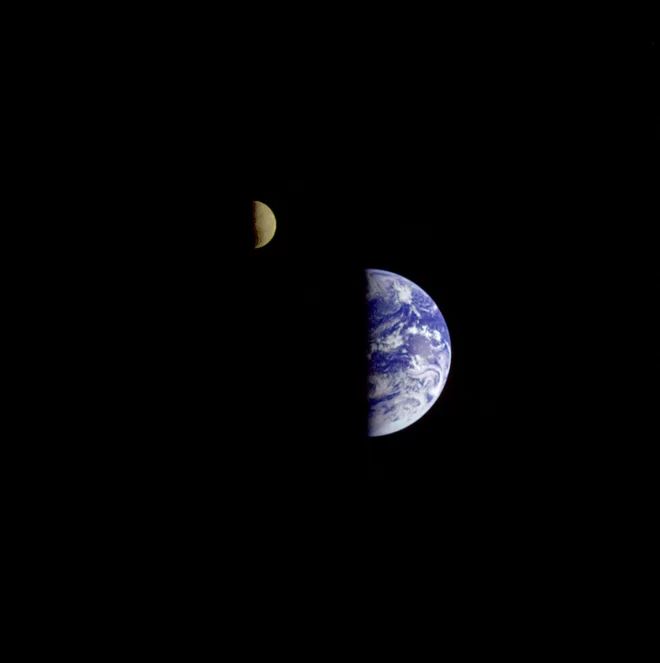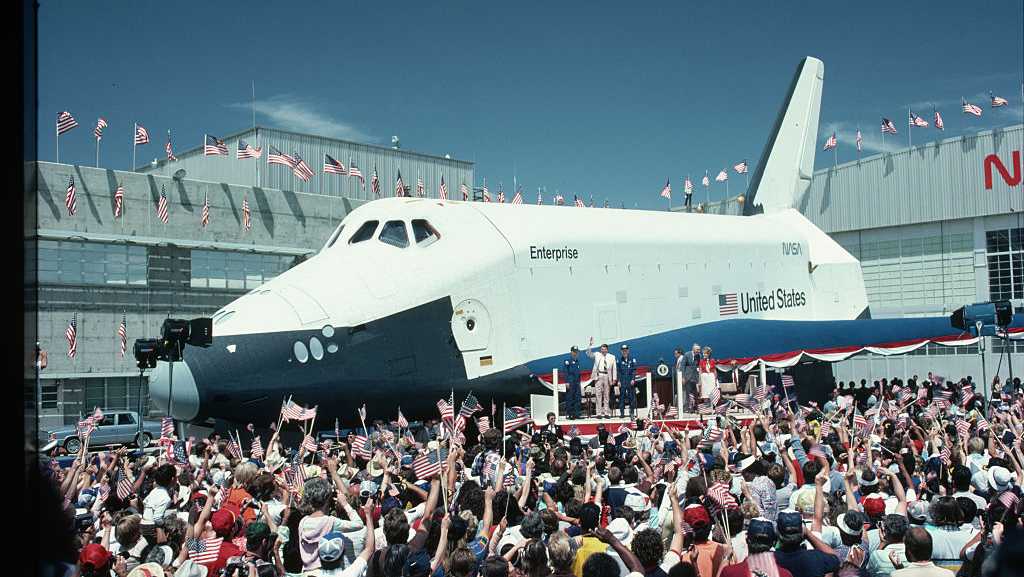
Astronomers Discover Neptune on September 23, 1846: A Turning Point in Astronomy
On September 23, 1846, astronomers made a significant breakthrough in our understanding of the universe. The planet Neptune was discovered, marking the first time a planet had been found through mathematical predictions rather than direct observation. This event reshaped how we explore the cosmos, combining scientific observation with the power of theoretical mathematics.



